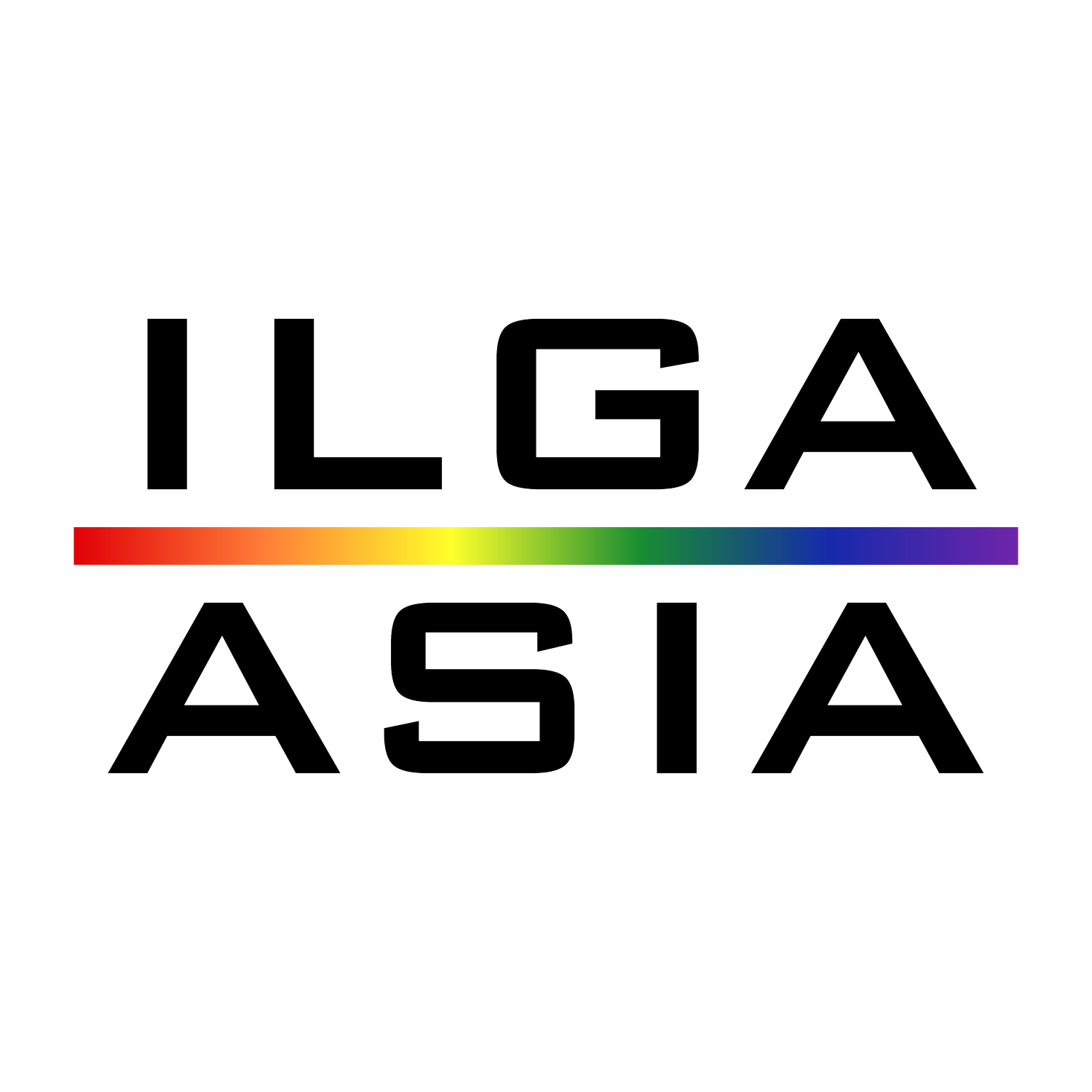Joint Statement: Protect the rights of LGBTIQ people in Cambodia, in line with the UPR recommendations accepted by Cambodia
Phnom Penh, 27 September 2021 - At the mid-term reporting period of Cambodia’s third Universal Periodic Review (UPR), we, the undersigned civil society organizations working on the protection of LGBTIQ rights, sexual and reproductive health and rights (SRHR), women’s rights and children’s rights, call on the Royal Government of Cambodia (RGC) and relevant stakeholders, including recommending states, to step up their efforts and take concrete actions towards effectively implementing the UPR recommendations on Sexual Orientation, Gender identity and Expression and Sex Characteristics (SOGIESC) rights and SRHR accepted by Cambodia.
During its third UPR in 2019, Cambodia accepted nine recommendations specifically related to the protection of the rights of lesbian, gay, bisexual, transgender, intersex, queer (LGBTIQ) people. These accepted recommendations on SOGIESC rights focused on three main legal and policy reforms: amending Article 45 of the Constitution of the Kingdom of Cambodia to enable legal marriage equality for LGBTIQ couples; enacting laws and policies guaranteeing non-discrimination based on SOGIESC; and enacting legislation allowing legal gender recognition for transgender people.
Since 2019, some progress has been noticed and appreciated with regards to the promotion and protection of equal rights of LGBTIQ Cambodians. Efforts by the Cambodian government, civil society organizations (CSOs) and LGBTIQ community members have contributed to improvements in public awareness and acceptance of LGBTIQ people in Cambodia. The continued work by the Ministry of Education Youth and Sports and civil society to roll out the new Comprehensive Sexuality Education curriculum in schools, which includes gender equality and SOGIESC concepts and rights for relevant grades and appropriate language for students, is particularly commendable. Statements by high level Cambodian government representatives encouraging government officials at all levels and the general public to not discriminate against LGBTIQ people are a welcomed step. The mention of lesbian, bisexual, transgender (LBT) women among women at increased risk of violence in the National Action Plan to Prevent Violence Against Women (NAPVAW, 2019-2023) from the Ministry of Women’s Affairs is also a welcomed first step. Meanwhile, Cambodian CSOs and members of the LGBTIQ community have continued their work to raise awareness and encourage more acceptance by their families and the public.
Nonetheless, LGBTIQ people in Cambodia continue to face various forms of legal and social discrimination, in large part due to the exclusion of same-sex couples from being able to marry under the law and the lack of explicit legal protections against discrimination based on SOGIESC in employment, health and education sectors, as well as due to the lack of legal gender recognition for transgender people.
Based on our follow-up and monitoring work since 2019, we observe that the Cambodian Government has not yet taken significant concrete actions to advance the process of legal reforms necessary for the full implementation of the SOGIESC rights recommendations accepted by Cambodia at its third UPR.
In order to ensure the effective implementation of accepted UPR recommendations on SOGIESC rights before the next UPR cycle, and thereby advance on protecting LGBTIQ people from discrimination based on SOGIESC and protecting the human rights of LGBTIQ communities across Cambodia:
We call on the RGC to take concrete steps working together with all relevant stakeholders to ensure the effective implementation of accepted recommendations on SOGIESC rights before the next UPR cycle, primarily towards enabling legal marriage equality for LGBTIQ couples. We also call on the recommending states to continue working with the RGC and all stakeholders in realizing these UPR recommendations.
In particular, we call on the RGC to promptly consider forming a multi-stakeholder working group in charge of studying and reviewing the proposed legal amendments to enable legal marriage equality for LGBTIQ couples, including the proposed amendment to Article 45 of the Cambodian Constitution. This multi-stakeholder working group could be created under the coordination of the Cambodian Human Rights Committee (CHRC), given CHRC’s technical expertise in coordinating the UPR mechanism. The multi-stakeholder technical working group should include all relevant stakeholders including relevant Cambodian government institutions, United Nations agencies, representatives from foreign embassies (in particular UPR recommending States), members of the LGBTIQ community and CSOs working on SOGIESC rights, SRHR, women’s rights, gender equality and children’s rights.
As long as same-sex couples in Cambodia continue to be excluded from the ability to marry under the law, it continues to perpetuate the exclusion of LGBTIQ people in the society and increase the vulnerability of LGBTIQ couples, their children and their family members. Enabling legal marriage equality provides a crucial opportunity to significantly contribute to reducing stigma and discrimination against the LGBTIQ community, thereby fostering improved well-being and a more inclusive and harmonious Cambodian society, which reflects Cambodian values, the vision of the RGC and contributes to achieving sustainable development.
- END -
This joint statement is endorsed by:
Rainbow Community Kampuchea Organisation (RoCK)
Love Is Diversity (LID)
Micro-Rainbow International Foundation Cambodia (MRIF Cambodia)
Reproductive Health Association of Cambodia (RHAC)
Cambodian Center for Human Rights (CCHR)
Gender and Development for Cambodia (GADC)
Klahaan
SILAKA
Just Associate South East Asia (JASS SEA)
Save the Children (SCI)
International Lesbian, Gay, Bisexual, Trans and Intersex Association Asia (ILGA Asia)
International Lesbian, Gay, Bisexual, Trans and Intersex Association World (ILGA World)
Asia-Pacific Alliance for Sexual and Reproductive Health and Rights (APA)
Asia-Pacific Resource and Research Center for Women (ARROW)
Asia Pacific Coalition for Male Sexual Health Foundation (APCOM Foundation)
International Women's Development Agency (IWDA)
For more information, please contact:
Rainbow Community Kampuchea Organisation (RoCK): Ms. Ly Pisey 012 697 641
Love Is Diversity (LID) :Mr. Kuy Thida: 077 717 475
Micro-Rainbow International Foundation Cambodia (MRIF Cambodia): Ms. CHHOEURNG Rachana 093 336 896
Reproductive Health Association of Cambodia (RHAC): Dr. Saphon Somoliareasmey 069 777 855
Cambodian Center for Human Rights (CCHR) : Mr. Lim Borin: 012 904 266
Link to the original statement: here



